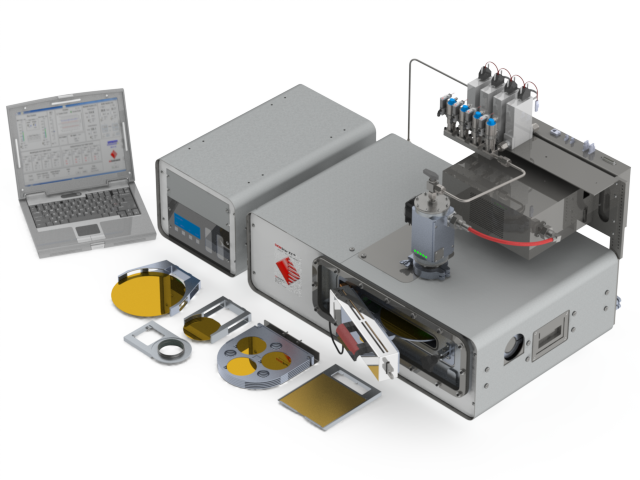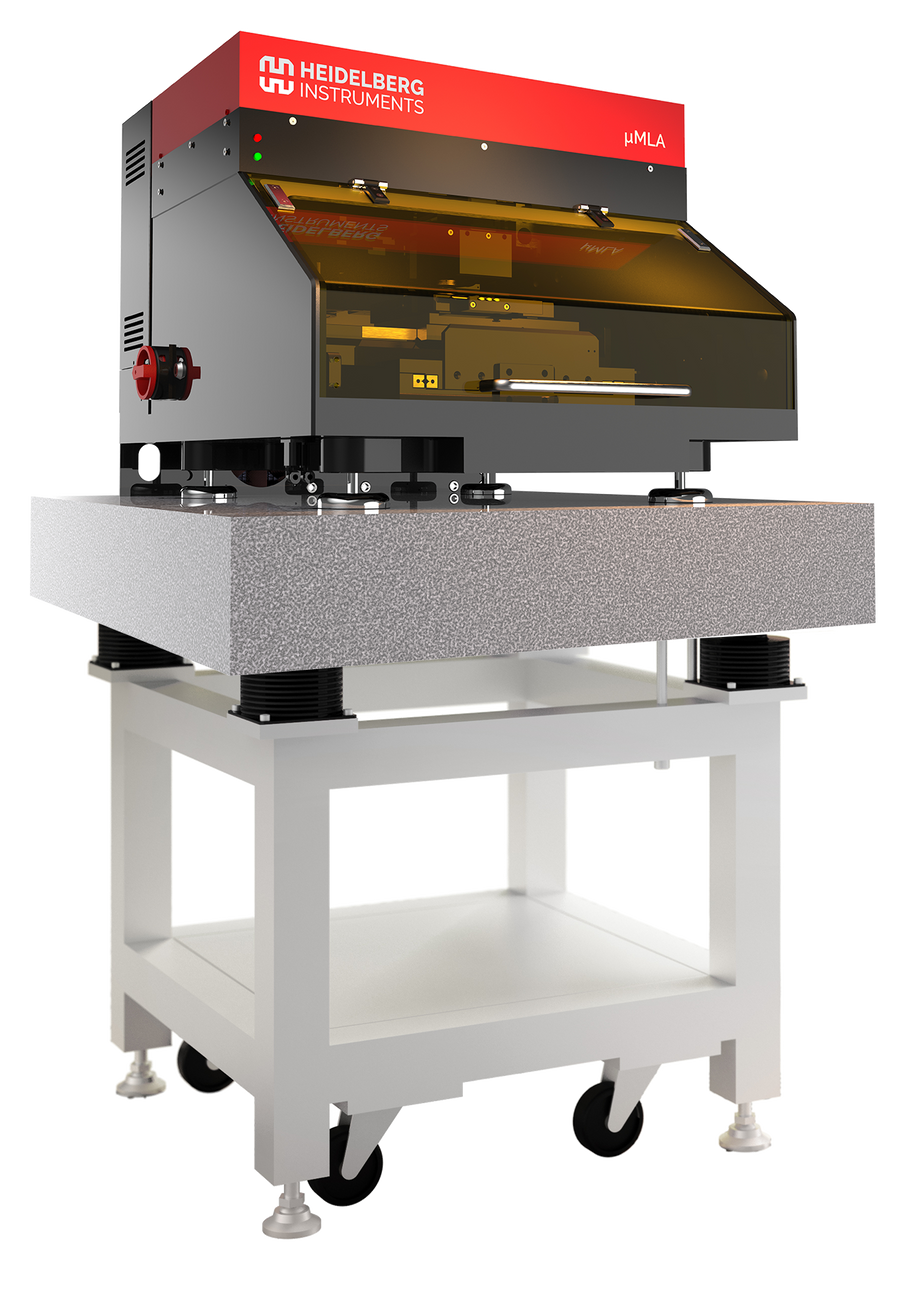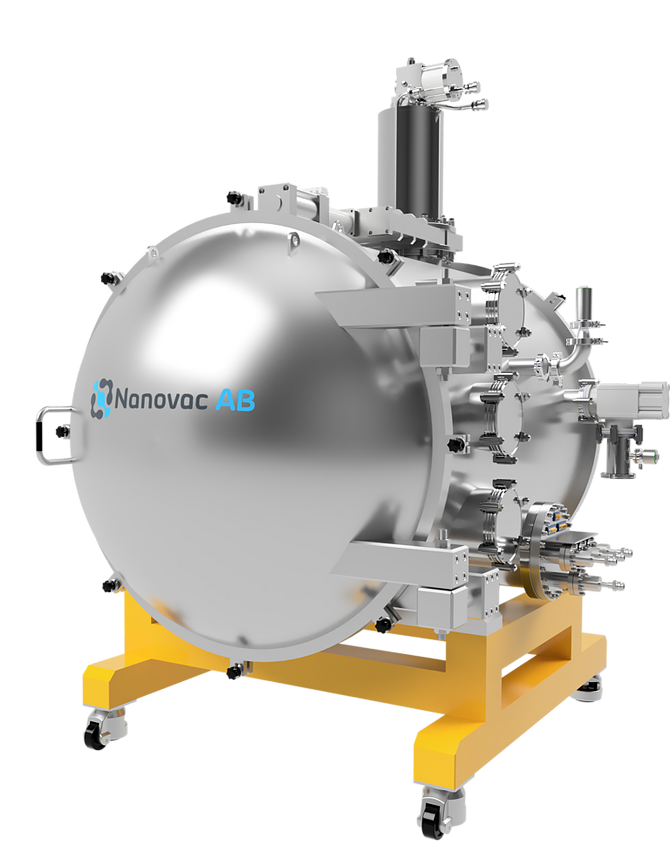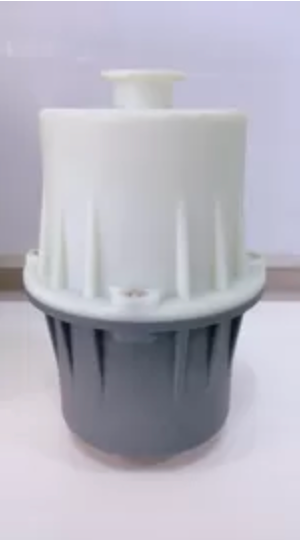Parylene is the short designation of the polymer group of poly (para-xylylenes). The polymers consist of different substituted para-xylylenes. The original basis for coating are dimers. This is a molecular compound consisting of two identical sub-units, the so-called monomers.
Properties and benefits:
Parylene coatings offer a large number of benefits. Parylenes...
- are completely conformal, i.e. they adapt even to complex substrate contours such as sharp edges, bore holes or blind holes
- are pinhole-free already from coat thicknesses of approx. 0.5 µm
- are chemically insoluble and resistant against a large number of chemicals
- have very good barrier properties against moisture and chemicals
- have a high dielectric strength
- have dry lubricating properties (low coefficient of friction)
- are hydrophobic: wetting angle for H2O between 92° and 98°
- are transparent between 90 and 96 % in the visible wavelength range (depending on type)
- are biocompatible: parylenes of the types C and N can be separated which can be certified to USP Class VI, ISO 10993 and FDA.
Download the datasheet here
Technical Data:
Coating Substance
|
Possible coat thicknesses
|
Dimensions
|
Pyrolysis
|
Chamber
|
|
Carousel
|
Cryo trap
|
Pump system
|
|
Final pressure
|
Control
|
Compressed air
|
Connections
|
|
Exhaust Air
|
You may also like
More from Diener Electronic GmbH
Recently viewed







